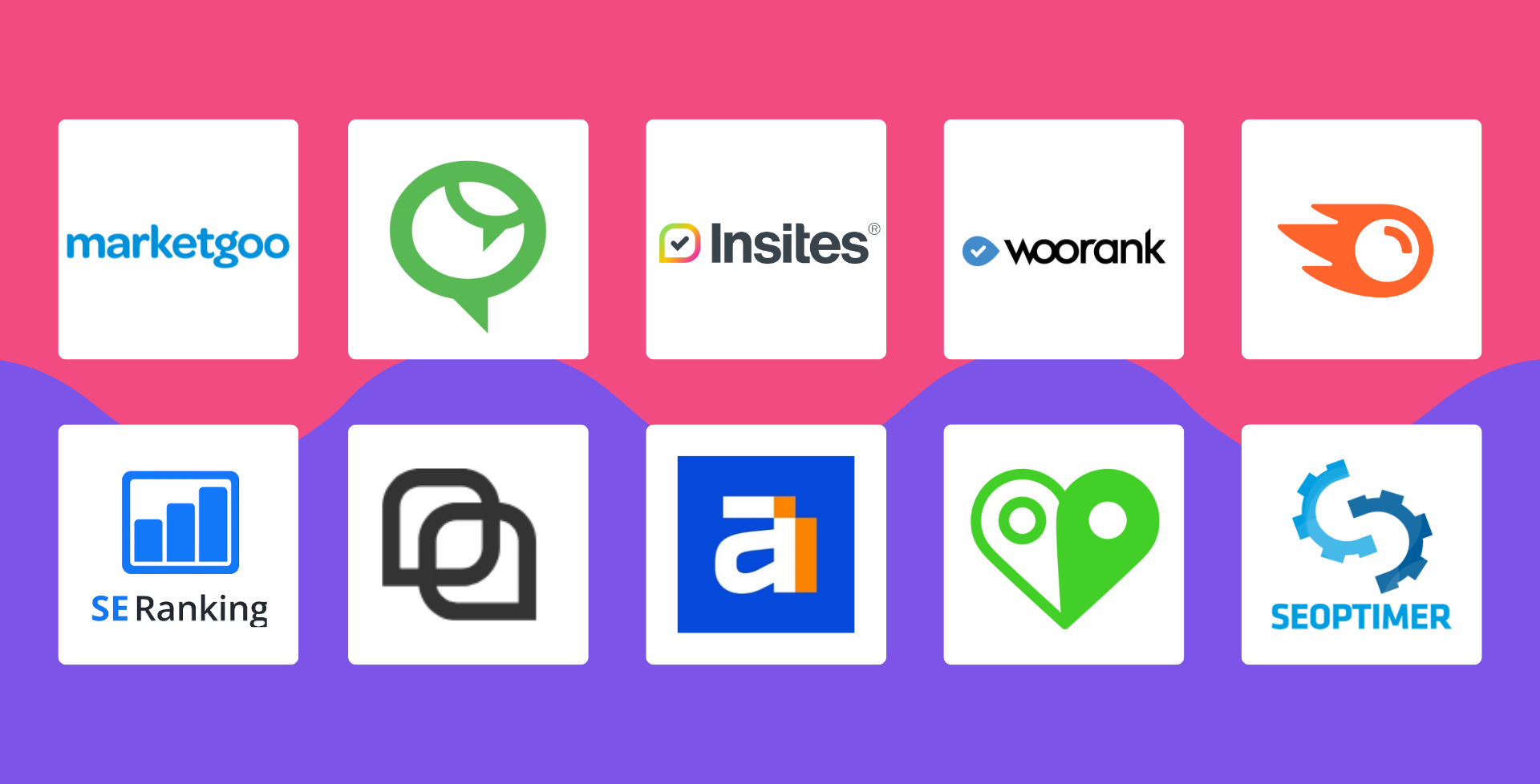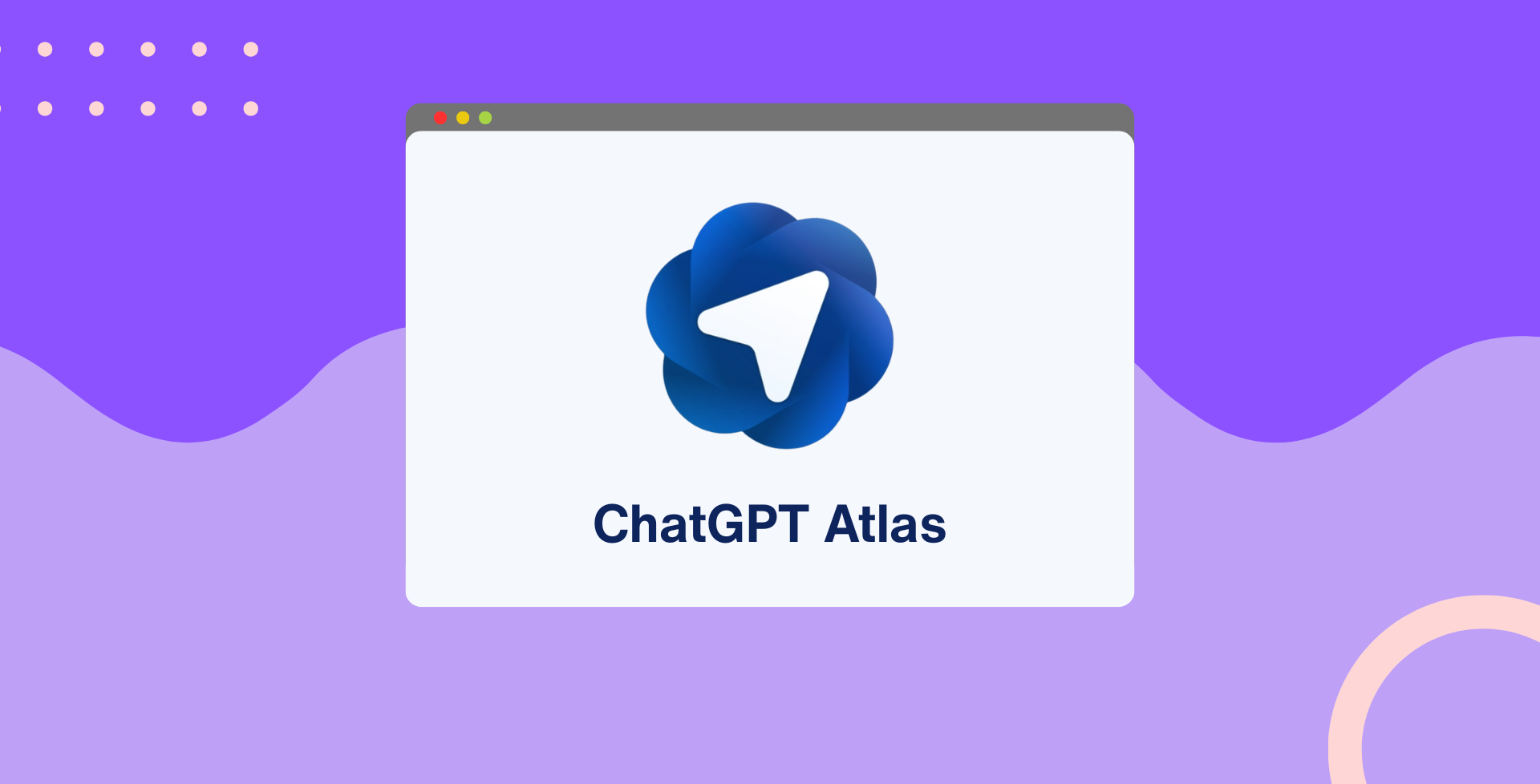What digital marketing agencies need to know about the EU AI act
Izzy Fletcher • April 8, 2025
AI changes are scary for agencies selling digital marketing. But guess what; it’s a head spin for SMBs too.
You're both constantly adapting to new technologies and regulations.
Whilst we understand it can be overwhelming, with the right knowledge and understanding your agency can overcome the fears and become a trusted advisor for prospects and clients. Win-win!
Now let’s talk about the EU AI Act, which came into effect on August 1, 2024. It introduces a new layer of compliance that could impact how you deliver services and the tools you use.
We’re going to run through everything you need to know to stay ahead and turn this regulatory change into a competitive advantage.
What is the EU AI act and why should digital marketing agencies care?
The EU AI Act is the world's first comprehensive legal framework for artificial intelligence. It classifies AI systems based on their risk level and imposes requirements accordingly:
- Minimal risk: Basic AI applications with minimal transparency requirements
- Limited risk: AI systems requiring specific transparency measures
- High risk: AI with stricter obligations around data quality, documentation, and human oversight
- Unacceptable risk: AI applications that are banned outright
Why this matters to your agency? Even if you're based outside the EU, the Act affects you if you:
- Have clients in EU countries
- Use marketing tools developed by EU-based companies
- Plan to expand your services into European markets
Many digital marketing tools now incorporate AI - from content generators and SEO optimisation tools to ad targeting platforms and analytics suites. Understanding which of these fall under the Act is crucial for maintaining compliant operations.
How EU AI Act affect your marketing services?
1. Content creation and copywriting
AI-powered content generators like ChatGPT and Copy.ai are increasingly common in marketing workflows. Under the EU AI Act, these tools are generally classified as limited risk, requiring:
- Clear disclosure when AI has generated content
- Transparency about the limitations of the content
- Measures to prevent the creation of illegal content
You should develop a process for reviewing AI-generated content and ensure proper disclosure when AI has been used in client deliverables.
2. Ad targeting and personalisation
AI systems that profile individuals to personalise ads or content may fall under higher scrutiny, especially if they could influence behaviour or decisions in potentially harmful ways.
It’s important to ensure your targeting practices comply with both the EU AI Act and existing data protection regulations like GDPR. Document how your algorithms work and implement human oversight for campaigns using sophisticated targeting.
3. Analytics and decision-making tools
If your agency uses AI to analyse campaign performance and make strategic recommendations, these systems may require:
- Documentation of how the AI makes recommendations
- Transparency about data sources and processing methods
- Regular assessment of accuracy and bias
Ensure you maintain detailed documentation of your analytics processes and be prepared to explain how AI-driven insights inform your strategic recommendations.
4. Social media and reputation management
AI tools that monitor brand mentions or analyse sentiment could fall under various risk categories depending on how they're used.
Make sure you review your social listening and reputation management tools to understand their AI components and ensure they're being used responsibly.
Turning compliance into a competitive advantage
While regulatory compliance might initially seem like a burden, forward-thinking agencies can leverage it as a competitive differentiator:
1. Position yourself as a trusted advisor
Your SMB clients may not be aware of how AI regulations affect their marketing efforts. By understanding the EU AI Act, you can guide them through compliance and strengthen your position as a valuable partner.
2. Develop compliance-as-a-service offerings
Consider creating service packages that include AI compliance audits or building compliant marketing stacks for clients in regulated industries.
3. Enhance your service quality
Many of the Act's requirements - like transparency, fairness, and human oversight - align with best practices for effective marketing. Embracing these principles can lead to better client outcomes regardless of regulatory requirements.
4. Build client trust through transparency
Being open about how you use AI in your services builds trust with clients who may be concerned about AI-related risks.
Practical steps for marketing agencies
So what next? To prepare your agency for the AI regulations here are 6-steps to follow immediately:
- Conduct an AI audit: Inventory all the tools and platforms your agency uses that incorporate AI
- Classify your AI systems: Determine which risk category each tool falls under according to the EU AI Act
- Up date your client contracts: Ensure your agreements address AI usage and compliance responsibilities
- Train your team: Educate staff on responsible AI use and compliance requirements
- Develop documentation: Create processes for documenting AI usage in client work
- Stay informed: Monitor the evolving regulatory landscape as enforcement of the Act takes shape
Resources for navigating AI compliance
I know what you're thinking, "more resources, really?!”. Yes really! It starts with refining your tech stack, ditching manual processes and using comprehensive auditing tools, like Insites, to evaluate a client's websites instead.
Other resources to help manage compliance efforts:
- Implement documentation systems to track AI usage across campaigns
- Develop frameworks for consistent disclosure of AI-generated content
- Create client education materials about responsible AI use in marketing
- Establish regular review processes to stay on top of evolving requirements
Want to see how Insites can change your qualification and auditing strategy? Learn more about Insites for Sales Teams or book a discovery call!
The EU AI Act represents the shift in how AI is regulated, but it also reflects broader trends towards using technology responsibly. By proactively addressing these requirements, your organisation can ensure compliance and deliver more transparent, effective, and trustworthy services to your SMB clients.


























